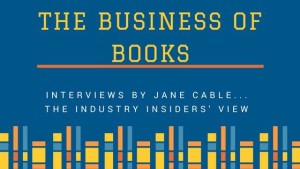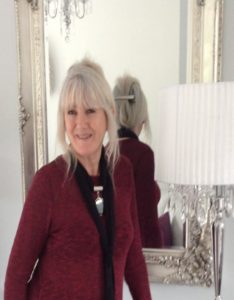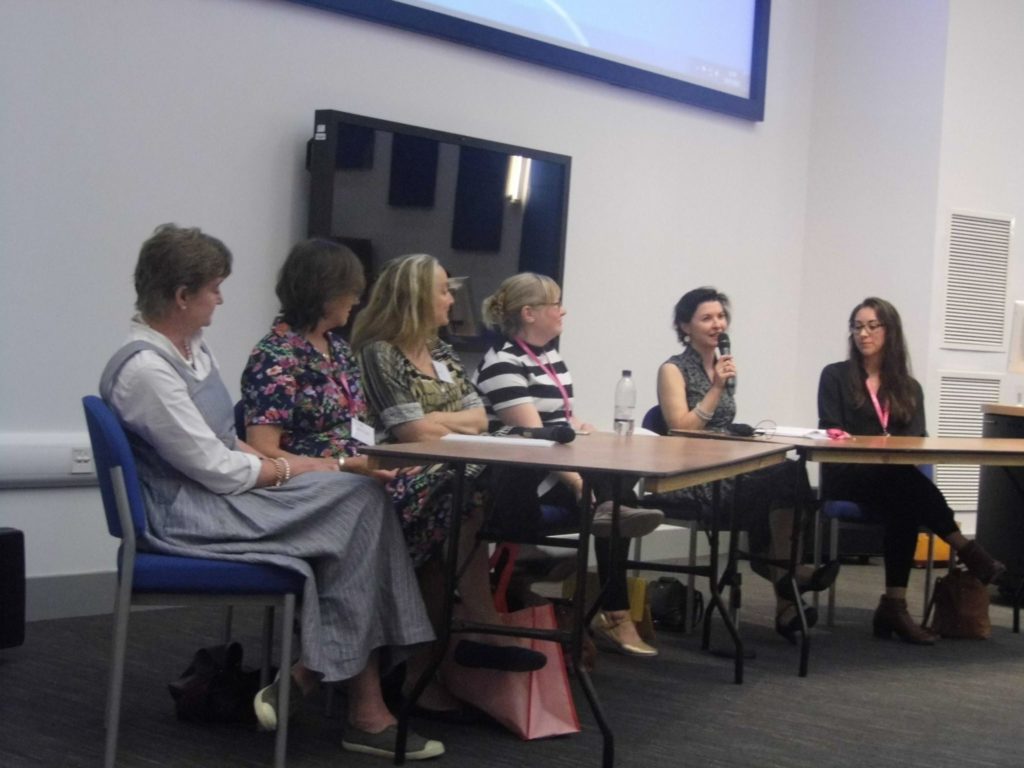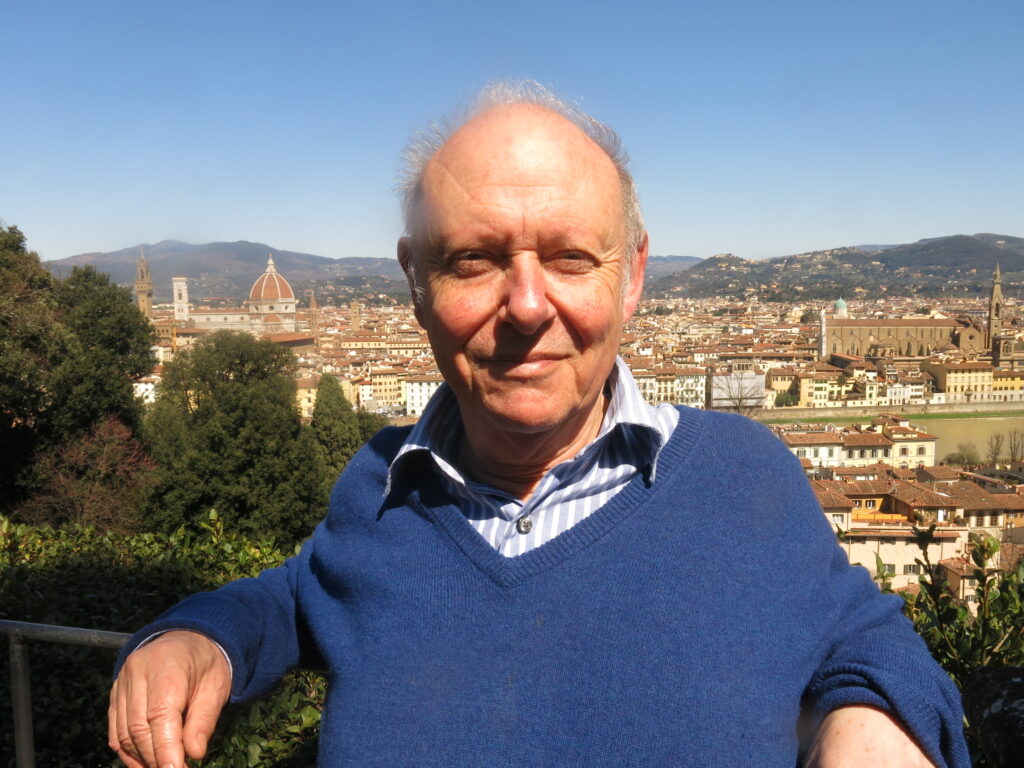 What you have written, past and present.
What you have written, past and present.
I am a historian with a keen interest in world history. For many years I taught history courses with the International Baccalaureate. My first book came out in the late 1970s when I was writing for schools on such issues as terrorism and human rights.
In 1990 I got a big writing contract to work on a world history project. They ran out of money after three years but I rewrote the first three volumes as one, Egypt, Greece and Rome, Civilizations of the Ancient Mediterranean and it was taken by Oxford University Press. I have a longstanding interest in ancient history from my childhood and I loved working on this. It has sold well in the US and opened the doors to a lot of new contracts. The sort of lucky break all writers need.
What you are promoting now.
My new book, out on August 6th, is The Awakening, A History of the Western Mind AD 500—AD 1700, published by Head of Zeus. It is an ambitious book but it brings together of a lot of reading and travelling I have done over the past twenty years. So it deals with the survival of Greek and Roman culture into the Middle Ages, the ways in which Christianity developed over the centuries and the emergence of philosophy and science. It took four years to write.
Head of Zeus have illustrated it beautifully and so it is pricey at £40! I am encouraging my friends who can afford to buy the hardback to go to their local bookshop to help get them on their feet again.
A bit about your process of writing.
I am driven by interest in what I am writing. I pick subjects that I would enjoy learning more about and go from there. The trouble is that I am easily waylaid by exploring things that I cannot possibly fit into a book! (My middle name is serendipity –browsing around haphazardly to see what interests me.) I do not use time very efficiently but often I find what I need in odd places in books or on the tours I run in the Mediterranean.
On an actual text I rewrite continuously. A chapter might be rewritten twenty times, often with small changes but sometimes with a complete reordering of the material.
A good tip is to read aloud what you have written. You can then spot if the rhythm of a sentence is wrong and if you need to break up a sentence or insert or take away commas!
Zadie Smith once said that once you had finished a book you should lock it in a drawer for a year. I would not go so far but it is extraordinary what problems you can find if you reread what you have written three months later! Never try to rush a book. Let it mature. Once it is out you can’t change it and if it is not as good as it should be you might never get another contract.
It pays to have a set piece opening, something from anywhere in the book that draws the reader in and leaves them wanting to read more.
I look out for the best history writing on whatever topic in the hope that it will influence my own style. I always have a pile of well-reviewed books waiting to be read. However, you must find your own voice and that takes time. The reader likes to feel that there is a real person there even in a history textbook.
I was once described in a school report as a ‘harum-scarum character’ (those were the days when they told you it straight). I know what the teacher meant when I get back a book with a copy-editor’s corrections on it!
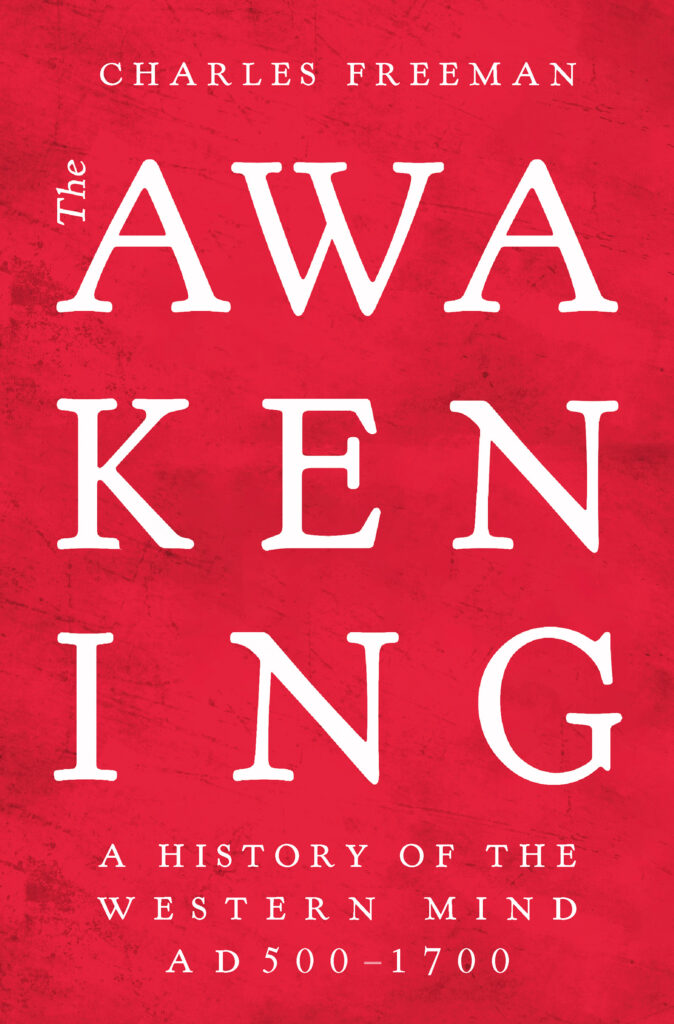
Do you plan or just write?
I need to have a clear idea in my head, an end point towards which the book will lead. I map out a book in advance so as to keep a balance between chapters. After I have done this I let myself be flexible.
Usually once you are into a subject you develop completely new ways of looking at it. Once I had to go cap in hand with my agent to a publisher to say that I had decided to write a completely different book from the one I had signed up for. One of my planned chapters needed to be the whole book! We did persuade him and the book, The Closing of the Western Mind, sold well.
What about word count?
My longest book, the third edition of my Egypt, Greece and Rome, is 345,000 words- it was more than we agreed but they did not notice and the printer had to diminish the script to fit it all in. I don’t work by daily word count, one good page is worth twenty rambling ones.
How do you do your structure?
For a historian much of this is set within a chronology so you need to fix a starting date and an end date. Then you have to find links between each chapter so that the reader has a feeling that it hangs together. Sadly you might then have to dump a chapter that does not work.
What do you find hard about writing?
The problem of selling a proposal and making any money from it is one that makes life hard for most writers. I have spent a lot of time on proposals that no one wanted -I even have a complete book that my agent has put through twenty publishers without success.
Personally I would find it difficult to be a full time writer. It can cut you off from people and the real world too much, so I organise study trips to the Mediterranean in the spring and autumn and then write largely over the winter. It helps to have a break from a text. See Zadie Smith’s recommendation above.
It is also important to have some other way of making some cash if you want to be a writer! So I do lectures, tours and act as consultant for the Blue Guides, cultural travel guides. And now at last I have my pension to help keep me going!
On a day to day basis the hardest is to ditch a piece of writing which might have taken some weeks of research but which just does not fit into the narrative.
When I am stuck I go for a long walk. I have a theory that the human brain works at its best when it is travelling horizontally at 2 ¾ miles an hour (even better when it is pulled along by a lively border terrier). It is amazing what gets untangled on a walk.
What do you love about writing?
It’s a peaceful and satisfying way of living and you can fit other things in around it. As a historian I am always finding out new ideas and authors that I would not come across otherwise so I feel that, even in my seventies, my mind is still developing. I often find that the research for a new book leads to all sorts of new interests.
Don’t write for money, write for the pleasure it gives you. Writing is in itself therapeutic. Don’t expect too much. I have seen too many friends assume that once their first book is out everyone will notice and applaud it and the money will come pouring in. Then it gets a couple of nice reviews and that’s it. Within six months it is way down on the Amazon bestsellers list along with thousands of others. It is a jungle out there and it is a long haul to get noticed, let alone make any money. (Only two of my twenty published books have made me more than the basic hourly wage.)
Publicity. I decided, with powerful support from my wife, that it might not be a good idea to pose naked behind a pile of my books as one female historian did- but her subject was a naughty eighteenth century duchess so perhaps it worked for her.
I don’t have a website. A good history book spreads by word of mouth. If you want to know more about me, then ‘Charles Freeman, Yale University Press’ has all the details and links to reviews of two of my books with them.
I worry that many good and committed writers get missed by publishers but there are other books so badly written that one wonders why they ever got published. The same as with artists. Standards of editing have gone down a great deal since I started writing.
Don’t try and copy a genre or theme. By the time you have finished the reading world will have moved on. It’s an original voice that matters, especially in fiction.
Keep at it. It’s about the fifth book that you write that you begin to get the hang of it! I think hopeful writers still underestimate how difficult it is to write well- it is a craft and needs thought and time. No easier than being an artist.
I have never done a creative writing course and I am sure they will help but there is no substitute for reading widely (the thriller writer Lee Child says that the only way to learn how to write is to read for forty years), experiencing the world and just getting down to actually doing it!
Support your local bookshop if you can. At the least they might give you a launch and put your book in the window!
Further details about Charles Freeman can be found at Charles Freeman.
Yale University Press.
The Awakening will be published by Head of Zeus on 6 August

